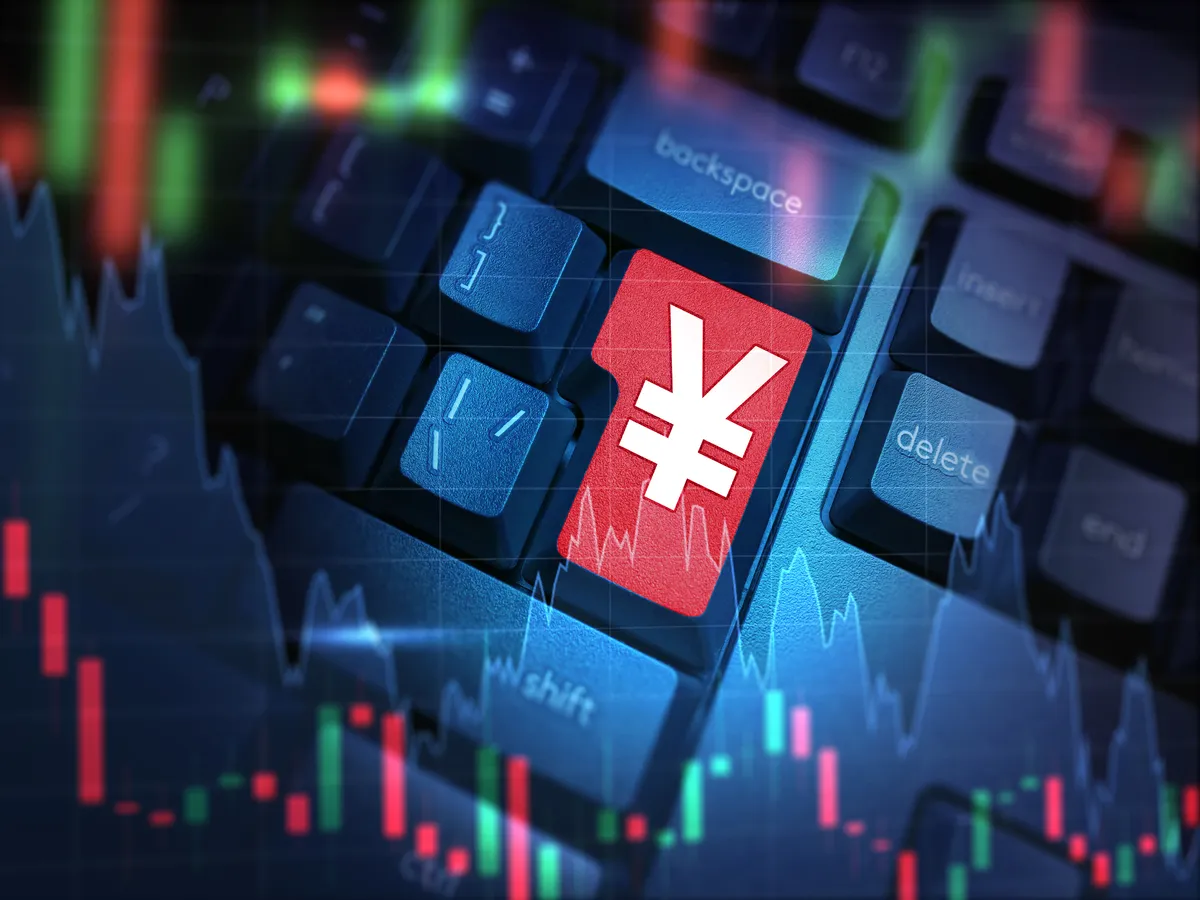Business News
Why rate hike by Japan rattled global markets: Explained
.png)
4 min read | Updated on August 05, 2024, 16:20 IST
SUMMARY
The Bank of Japan hiked interest rates for the first time in 15 years. The hike in interest rates was introduced to support the weak Japanese yen. Higher interest rates would result in costlier borrowing for businesses and customers. A stronger yen would impact traders deploying carry trade strategies which rely on low interest rates.

Bank of Japan’s first rate hike in 17 years and its impact on traders and the economy
Japan’s benchmark index Nikkei 225 plunged over 12%, or nearly 6,800 points, today despite a mid-session trading halt brought on to reduce selling pressure. Today’s fall was a continuation from recent declines in the market that has seen the index fall from a peak of 39,000 on July 31 to a close of about 31,500 today.
The fall has been triggered by the Bank of Japan’s decision on July 31 to increase interest rates to 0.25% from the previous level of 0-0.1%. The BoJ increased the interest rate to support its weakening currency and to combat rising inflation.
Since the start of 2024, the US dollar rose from a low of 141 to a high of 161 on July 9. While core inflation came in at 2.6% in its most recent print, well above the 2% target made by the BoJ, a level it has remained above for the past two years.
Why did the Bank of Japan hike interest rates?
In the 90s, Japan faced a prolonged period of economic stagnation after the bubble in the stock and real estate markets burst.
Since 2016, Japan has kept interest rates negative to combat deflation and boost economic growth. Negative interest rates made it expensive for the banks to park money with the Bank of Japan. As a result, banks lent money to businesses to promote growth and demand.
However, the yen has significantly declined since the start of the year. While other economies had hiked interest rates to combat inflation, Japan had stuck to negative interest rates. Consequently, investments in foreign securities such as US government bonds were more attractive to investors as they provided higher returns. The higher supply of yen led to a depreciation in its value against other currencies stronger, resulting in a vicious cycle.
With increased pressure to provide support to the weakening yen and preempt a rise in inflation, the Bank of Japan hiked its interest rates twice in the last six months. The Bank of Japan announced that it would halve its monthly bond buying to 3 trillion yen.
The impact of a hike in interest rates
The most significant impact that a rise in interest rates brings about is higher costs for borrowing money. This means businesses and customers would find it more expensive to take loans from banks now. The higher interest rates will also make it costly for Japan to service its national debt which is at 260% of the national output.
The unwinding of carry trade
Traders deploying carry trade strategies will be negatively affected by the hike in interest rates. In carry trades, traders borrow money from a low-interest-rate country and invest it in assets that offer higher returns elsewhere. The carry trade strategy is mainly used by forex traders, but some fund managers also use it for equities, commodities, and bonds.
The Japanese yen is considered a safe-haven currency and has been popular for carry trades. However, with the hike in interest rates, traders will find their profit margins squeezed. Additionally, the hike will increase foreign inflows, providing further support to a rising yen.
All eyes on BoJ’s commentary
The BoJ has also said it is open to further rate hikes, which would reduce the gap between the yen and higher-yielding currencies. This would translate into lower profit margins and an unfavourable risk-reward ratio for carry traders.
Globally, the higher interest rates could result in higher yields for US Treasury bonds as Japanese buyers decrease. An increase in bond yields could result in further hikes in interest rates, making borrowing even more expensive. The effect would be felt worldwide as Japanese investors hold significant amounts of overseas assets.
Global markets rattled by rate hike
The Bank of Japan’s decision to hike interest rates sent the Japanese markets into a frenzy. The sharp decline in the Nikkei 225 sent the Nikkei Volatility index soaring more than 90% in a single day to 29.44. Moreover, weak economic data and fears of a looming US recession have added to the weakness in global markets.
Going forward, investors will watch for commentary from the Bank of Japan, its consumer inflation data, and currency movements to judge how markets will react.
By signing up you agree to Upstox’s Terms & Conditions
About The Author

